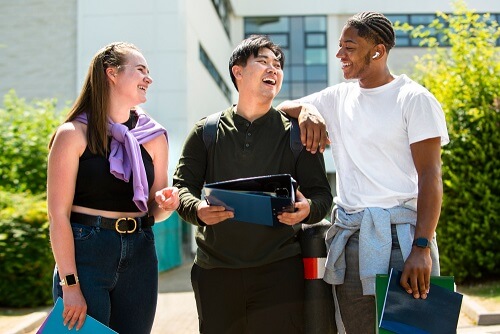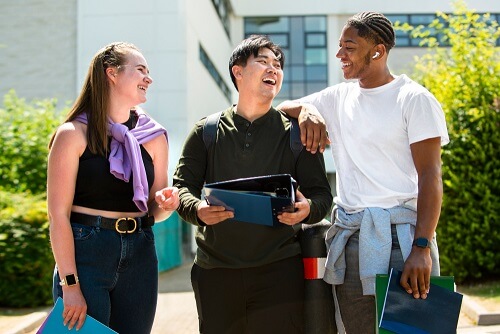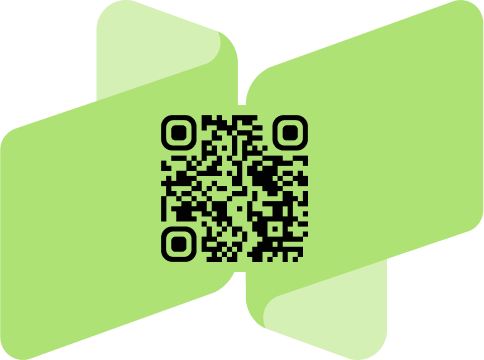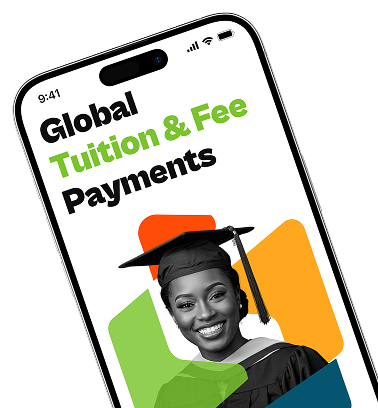South Korea, nicknamed the Land of the Morning Calm, is surrounded by the Sea of Japan and the Yellow Sea. Embraced by nature and technology and borders Japan, Taiwan, China, and North Korea, and blends ancient and modern technology. These days, international students find the country appealing for its strong emphasis on technology, research, and a wide range of educational options.
Study in South Korea offers students affordability and great value, with the city of Seoul commanding attention as an entertainment and major tech hub. In the QS World University Rankings for 2025, five Korean universities secured positions in the top 100, while the Times Higher Education World University Rankings for 2024 featured six Korean institutions within the top 200.

Application deadlines for South Korea
The deadlines for applying to a Master's in South Korea are usually during summer (June-July), or in winter (January-February). Keep in mind that some universities don’t have application deadlines, which means you can apply whenever you are ready.
South Korea's Education System
South Korea’s higher education system consists of bachelor's, master's, and doctoral degree programs.
The Korean education system consists of a 16-year curriculum:
-
6 years of primary education
-
6 years of secondary education (3 years of middle school, 3 years of high school).
Read: Study in India: A Guide for International Students
Undergraduate University Programs
-
4 years: Except medical schools.
Industrial College
-
No limitation on study period.
Teacher's College
-
4 years.
Associate Degree
-
2 years: Except for some programs
Graduate Schools
-
Integrated Master’s and Doctoral Programs : 4 years or more.
-
Master’s Degree Programs : 2 years or more.
-
Doctoral Degree Programs : 2 years or more.
How to Apply
Each university in South Korea has its own system that students need to follow for enrollment. Here are some of the basic requirements:
-
A scan of your diploma (high school or Bachelor’s degree)
-
Testing scores
-
Evidence of scholarship or funding
-
A transcript/record of your previous courses
-
A scan of your passport and/or birth certificate
-
CV
-
Letters of recommendation
-
Portfolio and/or writing samples
Education Programs for International Students
Short-Term Programs: The short-term programs are often exchange students programs that allow you to complete a program within one to two semesters or during seasonal sessions held during vacation periods.
Korean Language Training Programs: The programs are for foreigners and are divided into long-term courses lasting 10 weeks or more and short-term courses lasting 4 weeks or less.
Regular Programs: The regular programs are courses identical to those typically undertaken by Korean students. Admission to a regular program is available to those who meet the previously mentioned admission requirements. Some of these regular programs are not open to international students.
Unified Search
You can search for universities, courses, and scholarships available to international students by visiting https://www.studyinkorea.go.kr/ko/search_v1.do or the official websites of your preferred universities or contact them directly.

Living Costs and Expenses
Prospective students should plan for costs beyond university tuition, such as living expenses.
-
Average Living Expenses Total Approx:750,000–1,000,000 KRW
-
Housing Costs: Estimated Cost (1 Month, in KRW) | 500,000–700,000 KRW
-
Food Expenses: Estimated Cost (1 Month, in KRW) | 200,000–300,000 KRW ( One meal at a university cafeteria: 5,000–15,000 KRW )
-
Transportation Costs: Estimated Cost (1 Month, in KRW) | 50,000~100,000 KRW
-
Other Expenses: Estimated Cost (1 Month, in KRW) | 100,000~200,000 KRW (Includes communication costs (mobile phone, internet) and health insurance. )
Residence Eligibility and Stay Duration
When to Register as a Foreigner
-
Foreigners intending to stay in Korea for more than 90 days must register within 90 days of their entry.
-
Foreigners granted stay status or change of stay permission must register immediately upon receiving the consent.
Read: Study in Australia & New Zealand: 50 FAQs for International Students
Required Documents
-
Application form passport
-
Photograph (taken within 6 months, passport size)
-
Certificate of enrollment (or researcher certificate) issued after entry, and fee.
-
Tuberculosis examination confirmation
Immigration Procedures to Korea
Arrival in Korea
-
Once you arrive in Korea, you must complete the immigration process at the airport.
-
Check the detailed information required for immigration and prepare in advance to find your school and accommodation.
Immigration Inspection and Procedures
-
Immigration inspections are generally conducted separately for locals and foreigners.
-
Foreigners must complete an arrival card, and those subject to registration must register with the local Immigration Office within 90 days of arrival.

Step 1
Submit Arrival Card: Registered foreigners are not required to fill out the arrival card.
Step 2
Wait (Foreigners - Red Line)
Step 3
Present your passport and arrival card.
Foreigners aged 17 or older must provide fingerprints and facial recognition data.
How to Apply for Student visa (D-2)
-
Application description: You must apply at a Korean diplomatic mission in your country where your last school is located.
-
Blocked bank account: Not required
-
Visa interview: No interview is required.
-
Travel history: No travel abroad is required
-
Visa duration: up to 2 years
-
Visa fee: The standard price for the Student visa (D-2) is 60 USD
-
Proof of minimum funds: You need proof of funds covering the one-year tuition fee and the living expenses for a year.
-
Health insurance: Not required
-
Proof of language skills: No need to prove your language skills for residents of Nigeria.
-
Medical check: No medical check is required for residents of Nigeria.
-
Biometrics: No biometrics are required
-
Criminal records: No criminal records are required
-
Proof of accommodation: Proof of accommodation not required
English-language tests
To apply to study in South Korea, you’ll need to provide proof you have a diploma for your English proficiency.
The certificates generally accepted by the universities in South Korea are:
Scholarship
Global Korea Scholarship (GKS) is available for undergraduate and graduate programs by the National Institute for International Education(NIIED).
Which universities and colleges should I attend in South Korea?
Here are some universities
-
Sejong University
-
University of Seoul
With the Pay4Me App, you can pay your tuition, application, and accommodation fees from your home country quickly and securely. Get started today by downloading the Pay4Me App.
Read: Study in Singapore: A Guide for International Students


